Introduction:
Have you ever dreamt of owning your own business but felt like it was just out of reach due to the lack of upfront capital? Well, you're not alone. Many aspiring entrepreneurs are exploring creative ways to buy businesses with little or no money down. While it might sound too good to be true, it's definitely possible—especially in 2025 when traditional financing avenues are more challenging to navigate.
In this article, we’ll walk through the concept of buying a business with no money down, why it’s becoming increasingly popular, and explore five key strategies to help you make it happen. You’ll also hear from real-life success stories and get essential tips for navigating this exciting business journey.
1. Understanding the Concept of Buying a Business with No Money Down
What Does "No Money Down" Really Mean?
When people say "no money down," they often think it means getting a business without any investment. However, the reality is a bit more nuanced. "No money down" doesn’t mean no investment at all—it means finding creative ways to purchase a business without using your personal savings, loans, or other initial capital. Instead, buyers leverage alternative financing strategies that allow them to take ownership with minimal upfront costs.
So, how can you acquire a business with no money down? You’d rely on options like seller financing, SBA loans, asset-based financing, partnerships, or even lease-to-own agreements. These strategies make the dream of business ownership much more attainable, even for those without large amounts of cash on hand.
Why It’s Becoming More Popular
In recent years, several factors have made "no money down" deals even more appealing. Here’s why:
- Rising Interest Rates & Inflation: Between 2020 and 2024, interest rates increased, making traditional loans more expensive and harder to secure. As a result, many buyers are turning to alternative financing options.
- Stricter Lending Standards: Banks and financial institutions have become more cautious, especially after the economic disruptions caused by the pandemic. This has pushed many entrepreneurs to find alternative ways to finance their business purchases.
- Increased Interest in Business Ownership: The pandemic made many people rethink their career paths, leading to a surge in interest in small business ownership as a stable career option.
Now, more than ever, there are pathways for aspiring business owners to acquire companies without breaking the bank.
2. 5 Key Strategies to Buy a Business with No Upfront Capital
Let’s dive into five strategies that will help you purchase a business without the need for upfront capital.
A. Seller Financing
What is Seller Financing?
Seller financing is when the business seller acts as the lender. Instead of securing a traditional loan, the buyer agrees to pay the seller over time, usually in monthly installments, until the purchase price is paid off.
Why It’s an Attractive Option (With Real-Life Examples):
Over the past five years, seller financing has become a popular option, especially after the pandemic. Many small business owners were looking for a way to sell their businesses quickly, and seller financing allowed buyers to purchase a business without upfront capital.
Example: According to a 2023 report by the Small Business Administration (SBA), 15% of all business transactions involved seller financing—a 7% increase from pre-pandemic levels. This is a clear sign that seller financing is on the rise.
How to Negotiate Seller Financing:
When negotiating seller financing, key terms to consider include:
- Interest Rate: Try to negotiate a reasonable interest rate that works for both parties.
- Payment Terms: Agree on how long it will take to pay off the loan and whether there are any balloon payments (lump sum) at the end.
- Collateral: Some sellers may want to secure the loan with business assets, so make sure you understand the terms.
B. Leverage SBA Loans (Especially 7(a) Loans)
What Are SBA 7(a) Loans?
SBA loans are government-backed loans designed to help small businesses access financing. The SBA 7(a) loan is particularly attractive because it requires lower down payments (as low as 10-15%) compared to traditional loans.
Why It's Ideal for Low-Capital Buyers:
SBA loans offer flexibility and lower risk. Post-pandemic, the SBA made these loans more accessible, especially as small businesses struggled to recover from economic disruptions. According to SBA data from 2023, approvals for SBA 7(a) loans increased by 18% due to more favorable lending conditions.
How to Apply and Qualify:
To apply for an SBA 7(a) loan:
- Prepare a Business Plan: Lenders will want to see a solid plan for the business you're purchasing.
- Show a Strong Credit History: While the down payment is low, lenders will still want to see a reliable credit score.
- Demonstrate Cash Flow: Ensure the business you're buying has steady cash flow to repay the loan.
C. Leveraging Business Revenue (Asset-Based Financing)
What Is Asset-Based Financing?
Asset-based financing involves using the business’s assets—such as equipment, inventory, or receivables—as collateral to fund the purchase.
Why It’s a Good Option:
During the pandemic, many businesses turned to asset-based financing to stay afloat. The trend continues as entrepreneurs use the company’s own assets to secure deals. According to the National Association of Commercial Finance Brokers (NACFB), asset-based lending grew by 12% in 2022.
Key Considerations:
Before pursuing asset-based financing, ensure the business has strong, stable assets that can be easily liquidated if needed. Also, understand that the business must have consistent cash flow to avoid defaulting on the loan.
D. Find a Partner or Investor (Equity Financing)
What Is Equity Financing?
Equity financing involves partnering with an investor or business partner who provides capital in exchange for a share of ownership or future profits.
Why It’s Gaining Popularity in 2025:
Crowdfunding and investment platforms have grown significantly, especially in the last few years. According to Crunchbase, equity crowdfunding for small businesses increased by 25% in the last three years.
How to Structure a Partnership or Investment Deal:
- Find the Right Investor: Look for an investor who shares your vision for the business.
- Negotiate Equity Terms: Be clear about how ownership and profits will be shared.
- Draft a Legal Agreement: Make sure to have everything in writing to protect both parties.
E. Taking Over a Business Through a Lease-to-Own Option
What Is Lease-to-Own?
With a lease-to-own agreement, you rent the business for a specified period, with the option to purchase it after the lease ends.
Why It’s an Ideal Strategy in 2025:
As businesses look for ways to transition ownership, lease-to-own deals have become more common. According to a 2024 business trends survey, 20% of small business owners were open to this type of arrangement.
How to Negotiate a Lease-to-Own Agreement:
- Determine the Purchase Price: Agree on the future price of the business at the end of the lease term.
- Monthly Payments: Set clear terms for monthly payments, including whether a portion goes toward the purchase price.
- Final Buyout: Ensure the buyout terms are fair and transparent.
3. Real-Life Success Stories (Last 5 Years)
Story 1: A Pandemic Pivot – Buying a Local Restaurant with Seller Financing
During the pandemic, a local restaurant owner looking to retire agreed to seller financing with a buyer. The buyer paid off the business over five years, and the restaurant is now thriving post-pandemic.
Story 2: From SBA Loan to Success – How a Digital Marketing Agency Was Acquired
In 2023, an entrepreneur used an SBA 7(a) loan to purchase a digital marketing agency with minimal upfront costs. The agency has since doubled in revenue.
Story 3: Crowdfunding a Fitness Center Purchase
A group of investors came together in 2022 to crowdfund the purchase of a boutique fitness center, each contributing as little as $10,000. The business is now a staple in its community.
4. Tips for Success When Purchasing a Business with No Capital
Do Your Due Diligence
Always research the business thoroughly, from its financials to its reputation in the market. A business that seems like a great deal upfront may have hidden issues.
Negotiate Wisely
When you don’t have upfront capital, your negotiating skills will be key. Be transparent with the seller about your plans and goals.
Have a Solid Business Plan
A strong business plan is essential to convince a seller or investor that you are serious and capable of growing the business.
Conclusion
Summary of Strategies and Key Takeaways
We’ve covered five strategies for buying a business with no money down:
- Seller financing
- SBA loans
- Asset-based financing
- Equity financing
- Lease-to-own
With the right approach and creative financing, owning a business is within reach.
Encouragement and Final Thoughts
Buying a business with no money down might sound daunting, but it’s more achievable than ever in 2025. The right strategy, a solid business plan, and a little bit of creativity can set you on the path to entrepreneurship.


